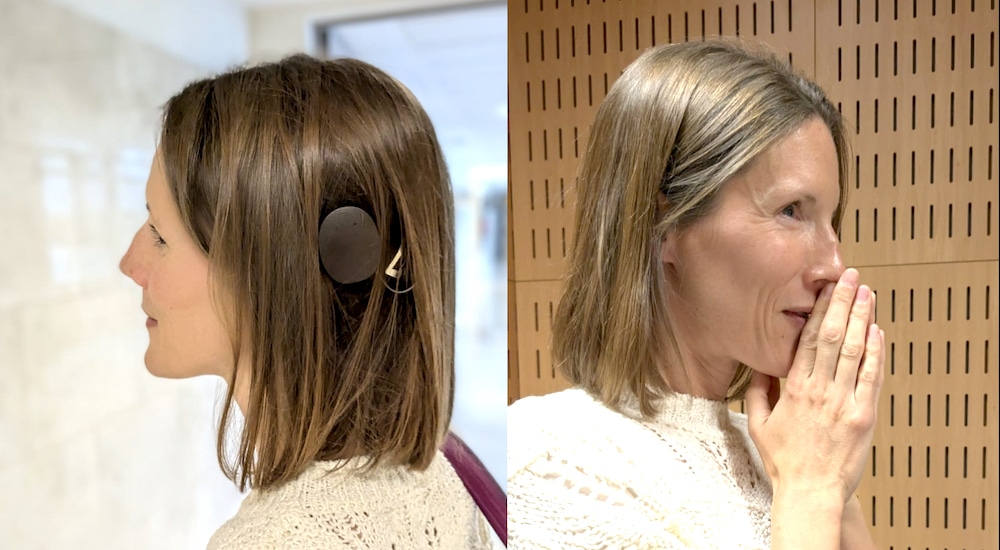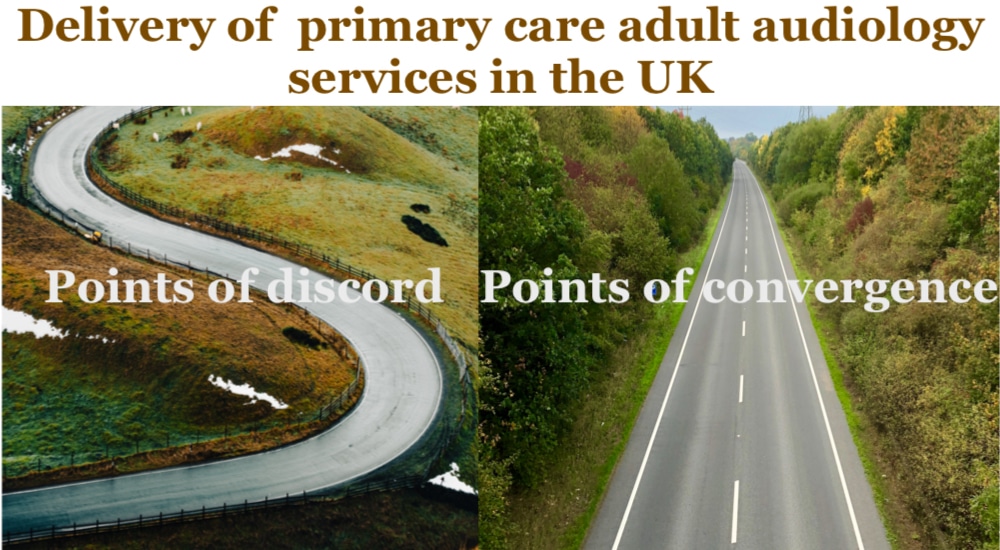What has ACHIEVE achieved?
Results are in from key study of hearing loss and dementia. Experts are cautious but hopeful. What are they saying?

The significance of research exploring links between cognitive decline and hearing loss has grown from enticing to near-viral in recent years. Why such anticipation?
Plenty of study literature – including a Lancet review article – has identified hearing problems as potentially the strongest risk factor for preventing dementia. And when Johns Hopkins scholar Prof. Frank R. Lin and colleagues began, in 2017, a trial called ACHIEVE, expectation grew that this randomised clinical trial (Aging and Cognitive Health Evaluation in Elders) might convincingly reveal that treating hearing loss with hearing aids can slow the decline in cognitive function which precedes the clinical onset of dementia.
The hearing health industry, desirous for stronger selling pitches for the devices it manufactures, could hardly wait for the outcome; nor could a world of professionals in audiology and medicine who seek the best for their patients and have much to gain from the hearing care sphere being lifted in prominence by links between hearing loss therapy and more headline-capturing pathologies.
Results bring optimism from experts …and caution
The publication in The Lancet this July of the ACHIEVE results showed the study has NOT settled the question.
ACHIEVE set up two groups of around 500 randomised subjects, each group drawn from two different populations – an ongoing ARIC (Atherosclerosis Risk in Communities) study (those with more risk factors for cognitive decline), and a second group of “healthy” people not enrolled in ARIC. One group was given health education, multiple conversations about healthy ageing. The other group received bilateral hearing aids fitted according to best practice standards, plus other rehabilitation in the form of technology to pair with the hearing aids, and communication-improving strategies.
Over a three-year period, analysis of the healthy volunteers and cardiovascular patients revealed cognition scores that were almost identical in the two groups.
BUT…
But, In a prespecified sensitivity analysis of a subpopulation of people from the cardiovascular study, the hearing intervention was associated with a huge 48% reduction in three-year cognitive change compared with the control group (hearing aids had no effect on the healthy volunteers).
Where, according to experts, does this leave things?
According to the ACHIEVE researchers themselves, we are here: “The hearing intervention did not reduce 3-year cognitive decline in the primary analysis of the total cohort. However, a prespecified sensitivity analysis showed that the effect differed between the two study populations that comprised the cohort. These findings suggest that a hearing intervention might reduce cognitive change over 3 years in populations of older adults at increased risk for cognitive decline but not in populations at decreased risk for cognitive decline.”
Like most studies, this so eagerly awaited trial gets everything to the next stage: further studies needed.
And, importantly, Gill Livingston and Sergi Costafreda of the University College London and the NHS Foundation Trust, London, wrote in an accompanying piece to the Lancet results that the observed “enormous (48%) protective effect of hearing aids on cognition in a high-risk population could be spurious.”
“We await trials on the effects of hearing aids on secondary outcomes including mood, independence, social network, and physical activity to elucidate potential mechanisms of action. Hearing aids might affect all these measures and improve motivation and communication about how best to manage other illnesses,” said these psychiatrists, whose own research into dementia and hearing loss is ongoing and promising.
Experts have, however, generally focused on the optimistic inferences both manufacturers and professionals tend to draw from the findings of the prespecified sensitivity analysis.
In a round-up reaction piece from the Science Media Centre, Dr. Thomas Littlejohns, Senior Epidemiologist, Nuffield Department of Population Health, University of Oxford, was quoted thus: ”Improving the access and uptake of treatments for hearing problems remains an important public health goal, and if this leads to improved cognition and a reduced risk of dementia, then that is a very welcome bonus.”
Tara Spires-Jones, President of the British Neuroscience Association and Professor at the UK Dementia Research Institute at the University of Edinburgh, was also upbeat: “This study adds to evidence that keeping your brain engaged including through treating hearing loss may protect against degeneration during ageing.”
More circumspect, Dr. Charles Marshall, Clinical Senior Lecturer, Queen Mary University of London, stressed: “These findings show us that there might be a small benefit of hearing aid use in reducing cognitive decline in an otherwise healthy population with hearing loss, but they don’t yet tell us whether hearing aids are actually preventing dementia or just improving people’s ability to perform cognitive testing.”
A balanced response came also from Prof. Tom Dening, Professor of Dementia Research, University of Nottingham: “Overall, maybe the results are a little disappointing that there wasn’t a bigger effect for everyone taking part, but they do suggest that supporting people who at higher risk of dementia with interventions like hearing aids is important and likely to be effective.”
“However, I would stress that anyone with hearing loss should bear in mind that wearing hearing aids has many benefits besides potentially reducing your risk of dementia. You can hear better, function better socially, do your work in more comfort, and use the aids as cool Bluetooth devices to stay connected. All of which is great for well-being,” continued Prof. Dening.
Many other published comments by experts reacting to the ACHIEVE results underline both positive and confounding aspects of the research, and might be summarised thus:
Positives:
• There was good randomisation and balanced groups in the study (though in an engaging and penetrating discussion in The Hearing Review, ACHIEVE researcher Dr. Jennifer Deal, epidemiologist and gerontologist at Johns Hopkins Bloomberg School of Public Health, acknowledged – in reference to the lack of an untreated group in the study – that “we always have to limit what we’re studying”.
• Slower rates of cognitive decline in the unhealthier population is promising.
• The group who were at a great risk of developing dementia appeared to have less cognitive decline over a three-year period compared to people who weren’t given a hearing intervention.
Challenges:
• In previous studies, there are unaccounted-for factors; lifestyle or other health problems might drive the associations.
• Participants were not blinded to the treatment, the compensation for this being provision of a different form of intervention to the control arm.
• Longer follow-up might address the problem of dementia taking years to develop, so no primary outcome being realised may be because of subjects being healthy and experiencing no decline yet, hence no difference being noted.
• No benefits seen when both groups of people were analysed together.
• Although observational studies have shown that those people who have hearing loss and wear hearing aids do not have this excess risk, the question remains as to whether it is because people who wear hearing aids are those who would not develop dementia anyway because they have more coping and financial resources.
Source: The Lancet/Science Media Centre/The Hearing Review


